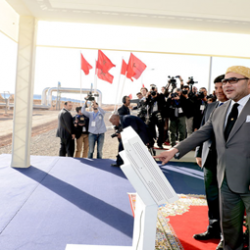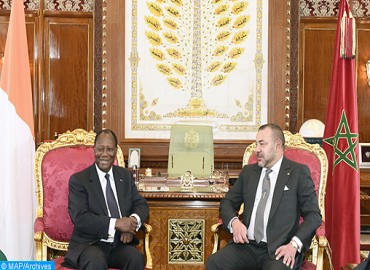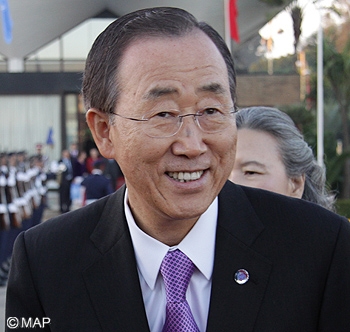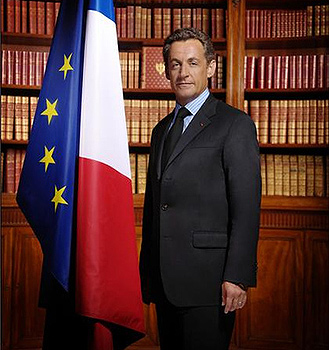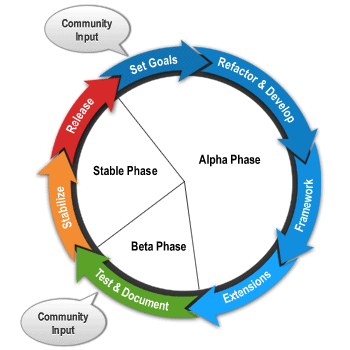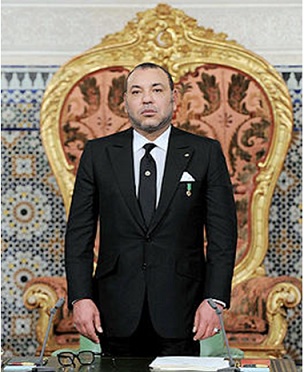The world Bank: Morocco handled the COVID-19 health crisis quickly and decisively
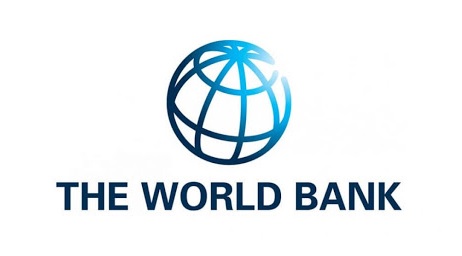
PERSISMA, Washington – The Moroccan government’s response to the coronavirus outbreak was “swift and decisive,” the World Bank said in a recent report, 17 Juli 2020.
“The government’s proactive response enabled the country to avoid a massive outbreak, thus saving lives,” said the Washington-based institution, noting that continued good policy measures are “critical” both to shorten and lessen the economic, social, and health trough, and to hasten the recovery.
In its monitoring report on the economic situation in Morocco “Economic Prospects and the COVID-19 Crisis Impact”, the World Bank noted that “over the past two decades Morocco has achieved significant social and economic progress due to large public investments, structural reforms, along with measures to ensure macroeconomic stability”.
However, noted the same source, “the COVID-19 shock is abruptly pushing the economy into a severe recession, the first one since 1995,” stressing that “the economy is expected to be doubly impacted by domestic and external economic shocks”.
Therefore, real GDP is projected to contract by 4 percent in 2020, a sharp contrast to the 3.6 percent expansion projected for that year prior to the outbreak.
The labor market is facing a shock of historic proportions, with vulnerable workers, especially those in the informal sector, being particularly hard hit, the same source added.
“Government assistance has partly mitigated income loss for 19 percent of households, particularly in the informal sector,” the World Bank stressed, adding that “Morocco’s twin deficits are projected to deteriorate but remain manageable”.
Despite lower imports, the current account deficit is expected to widen to 8.4 percent in 2020 reflecting sharp declines in goods export, tourism revenues, and remittances.
On the fiscal front, revenue (excluding those from the COVID-19 Fund) are projected to materially contract while expenditures are projected to increase in 2020 on the back of additional spending on health, social protection, and other COVID-19 policy responses.
“As a result, the overall fiscal deficit is projected to widen to 7.5 percent of GDP in 2020, almost 4 percentage points larger than projected pre-COVID-19. Both public and external debt are projected to rise but to remain sustainable,” the WB noted.

